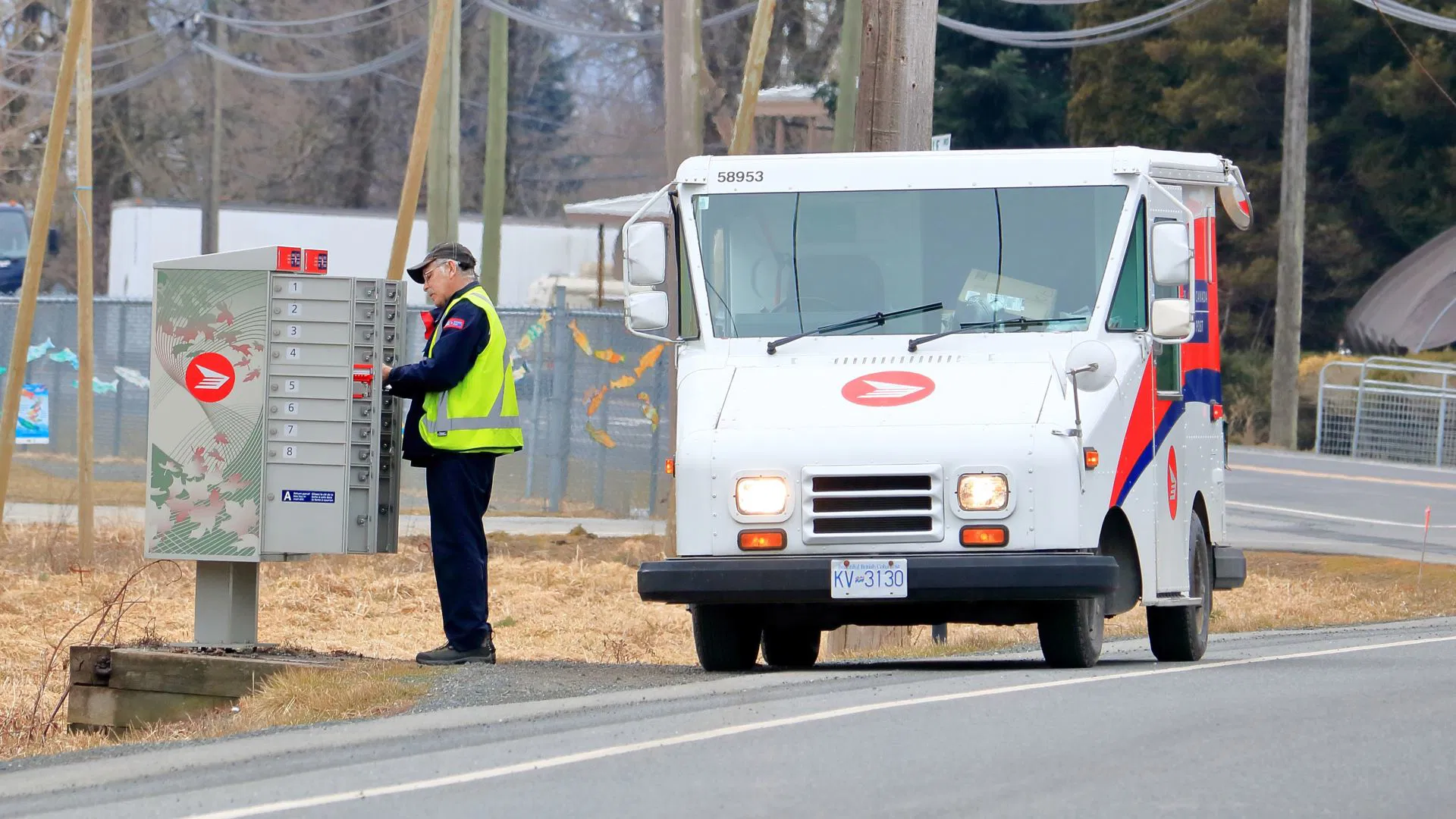导言
Negotiations have resumed between Canada Post and the Canadian Union of Postal Workers (CUPW) amidst unresolved contract disputes. Recent developments involve federal mediation efforts aimed at reaching an amicable settlement.Current Negotiation Status
After the Canadian government declined Canada Post’s proposal to hold a forced vote on its “best and final” offer from May 30, both parties returned to the bargaining table last week. Under the mediation of federal officials, they are currently discussing potential arbitration terms to finalize a new labor contract.
Discussions have been ongoing for over 18 months, significantly fueled by a series of escalating tensions, including a 32-day strike during the previous holiday season. The refusal of mail carriers to work overtime in response to Canada Post’s last offer has also increased concerns among both individual and business customers who rely heavily on the postal service.
Volume Decline and Impacts on Services
Uncertainty regarding postal operations has led to alarming drops in parcel volumes, with reports indicating a 65% decrease year-over-year in early June. This decline directly affects logistics and shipping businesses that depend on timely mail and parcel deliveries.
Unfair Labor Practices Allegations
In a twist of events, the CUPW has filed a complaint against Canada Post, alleging unfair labor practices. The union contends that Canada Post engaged in direct negotiations with union members, undermining the union leadership’s role and attempting to discredit it. This has been reportedly done using various communication channels, including press releases and direct messaging, to sidestep the established bargaining protocol.
Specific Allegations
- The union accuses Canada Post of providing offers directly to members without sharing documents with union leadership.
- It claims the postal service has utilized techniques to direct members to its negotiation web page, inducing separate negotiations outside the union.
- The union has also pointed to potential press leaks by Canada Post to sway public opinion.
The CUPW is urging the Canada Industrial Relations Board to intervene and halt what it calls interference while also seeking damages for the alleged unlawful actions.
Canada Post’s Operational Proposals
Amid these negotiations, Canada Post is advocating for significant changes to operational conditions to address its financial losses, which have accumulated due to declining mail and package volumes. For example, mail volumes have decreased by a staggering 70% over the last two decades, emphasizing the pressing need for operational reform.
Specific Operational Changes Proposed
One of Canada Post’s major requests includes implementing a part-time weekend workforce. While the postal service argues that this could increase flexibility, the CUPW contends that it may eliminate overtime opportunities for full-time carriers. This, in itself, could lead to unhealthy workloads and, as the union warns, compromise the health and safety of its workers.
Other proposed changes include:
- The introduction of part-time flex positions with variable hours, which the CUPW argues would further disrupt established work-life balances for existing employees.
- A testing phase for dynamic routing in several locations aimed at optimizing delivery routes, contingent on a substantial investment in technology.
- A proposed shift in pension eligibility for future employees to six months of continuous work as a regular employee before accessing benefits.
Negotiation Challenges and Union Response
The CUPW has expressed skepticism about Canada Post’s proposals, fearing that they may lead to job security issues and potentially varying workloads for employees. Of particular concern is the proposed elimination of the traditional letter carrier route management system, replaced by a model that relies heavily on a computer system to dictate daily work tasks.
Furthermore, Canada Post has suggested modifications to allowance times for carriers, claiming it would reduce unproductive time. However, the union has countered this by highlighting the importance of cleanliness for workers handling varying materials, underscoring health and safety implications.
Dynamic Routing Concerns
One substantial issue revolves around Canada Post’s intention to implement dynamic routing. This software-driven routing strategy is touted as a way to improve efficiency but raises concerns about the workload pressure put on employees, possibly leading to burnout and discontent. The union fears it would further erode their traditional strengths and protections established through labor agreements.
Wage Proposals and Union Reactions
Canada Post has proposed a wage increase of 13.6% over four years, starting with a 6% raise in the first year. Yet, the CUPW deems this inadequate, as they point out that inflation had already led to nearly a 5% wage increase in the preceding year.
结论
As negotiations between Canada Post and the CUPW remain ongoing, the ultimate outcome could significantly impact not just the postal service and its employees, but also the broader logistics landscape. The current tensions highlight the essential interplay between labor practices, operational strategies, and customer satisfaction in the world of logistics and shipping. For those navigating similar logistics challenges, exploring reliable transportation solutions is vital. At GetTransport.com, customers can find affordable, global cargo transportation options suited for various needs, from home and office moves to shipping large items. With a user-friendly platform and competitive rates, GetTransport.com ensures that logistics solutions are just a click away, simplifying the process effectively.

 加拿大邮政与加拿大邮政工人工会正在进行合同谈判">
加拿大邮政与加拿大邮政工人工会正在进行合同谈判">